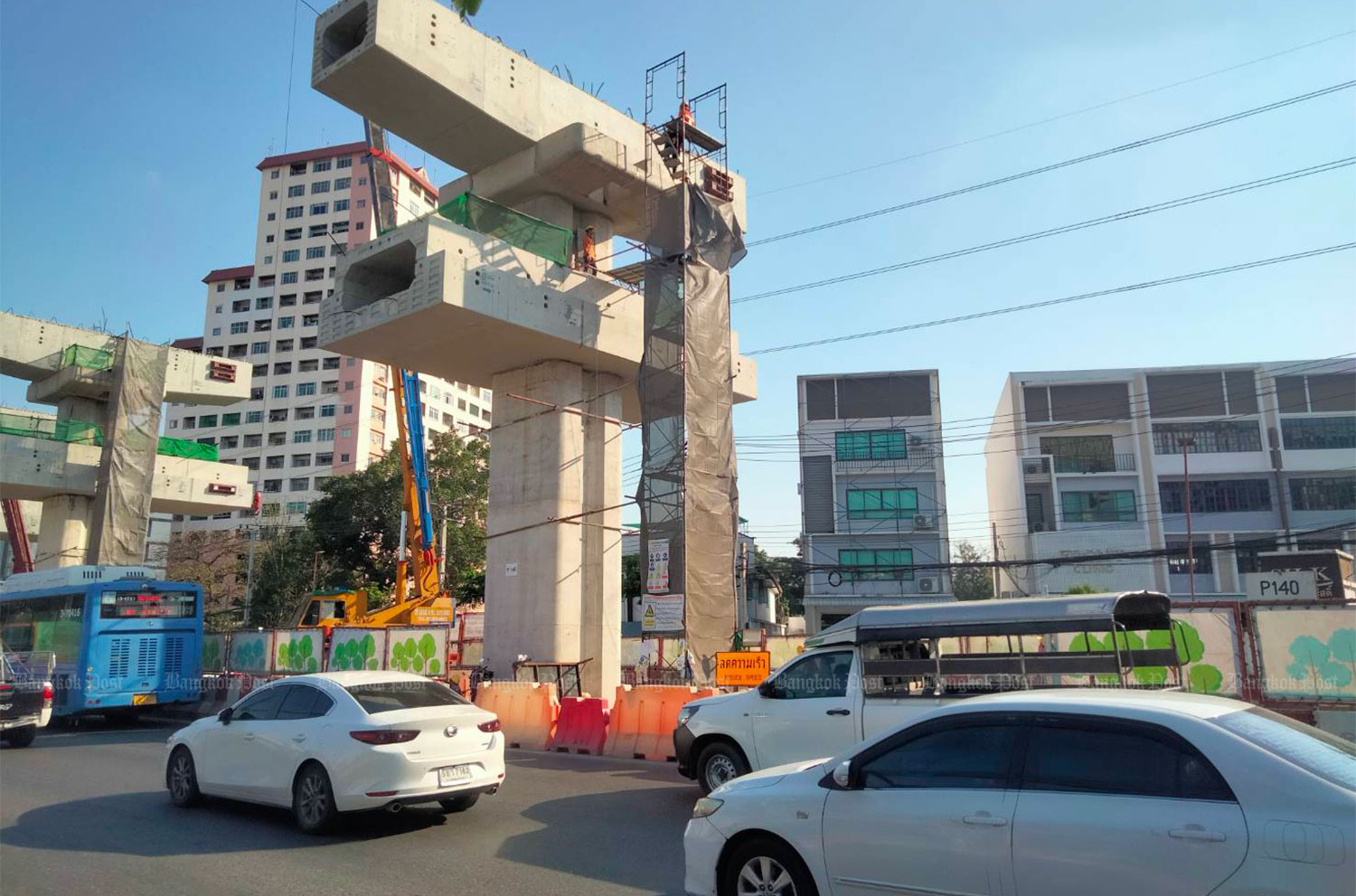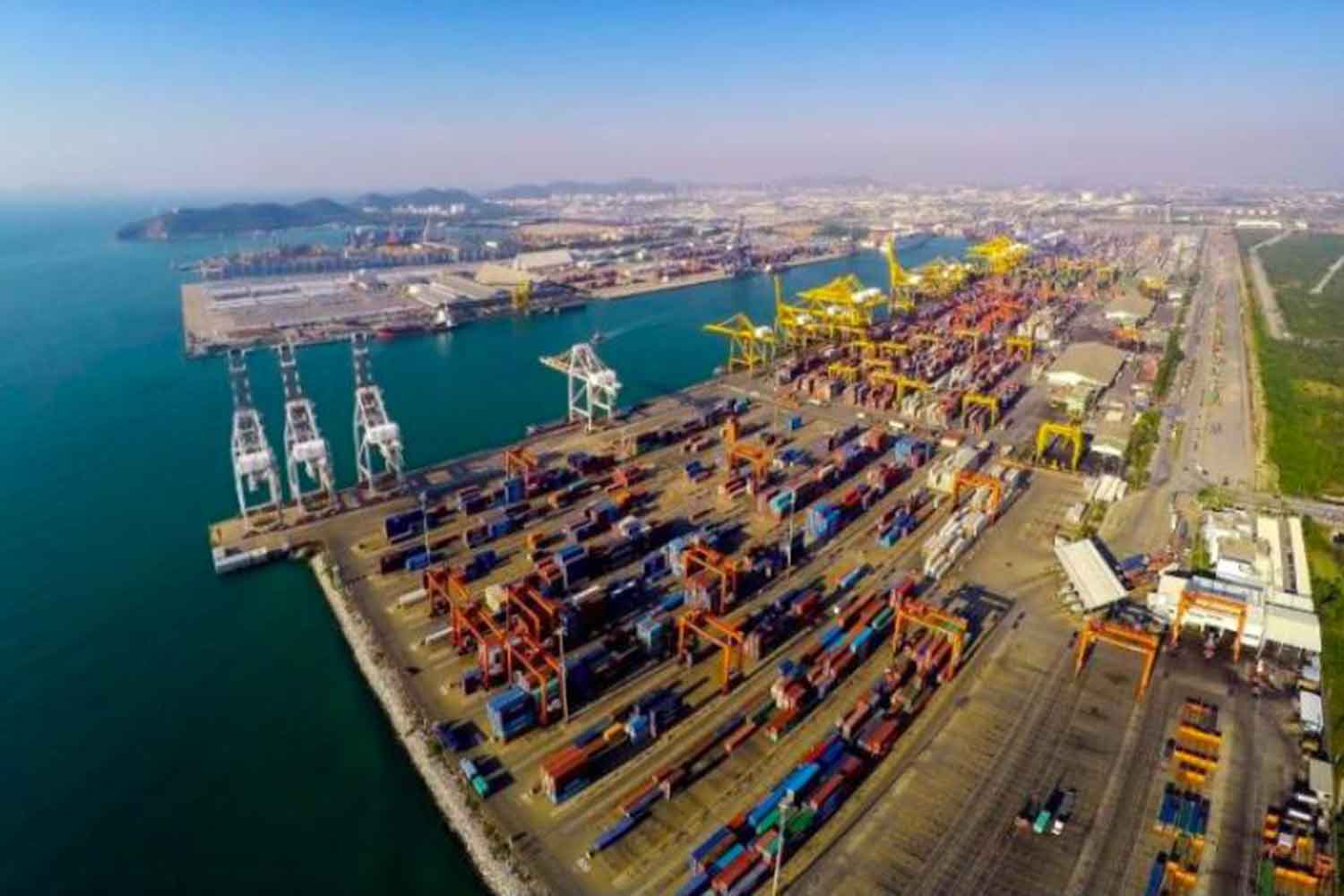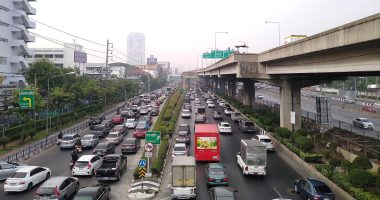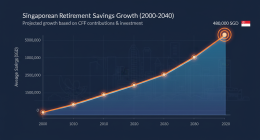Overview of Thailand’s Minimum Wage Adjustment
A New Era for Worker Welfare
The Thai government has implemented a revised minimum wage structure effective January 1, 2025. This adjustment marks a significant step in addressing rising living costs and ensuring fair compensation for workers across the nation. The new minimum daily wage now ranges between THB 337 and THB 400, depending on the province.
Provincial Variations in Wage Rates
The wage increase reflects regional economic disparities, with economically robust areas like Chonburi, Phuket, and Koh Samui receiving the highest rate of THB 400 per day, while southern provinces such as Narathiwat, Pattani, and Yala have the lowest rate of THB 337 per day.
Key Features of the Wage Revision
Incremental Adjustments Across Provinces
Most provinces experienced a modest increase of THB 7 per day, while key economic hubs saw hikes ranging from THB 9 to THB 55 per day. This tailored approach ensures that wage adjustments align with regional living costs and economic activity.
Highest and Lowest Wage Tiers
The highest wage tier applies to areas with strong tourism and industrial sectors, such as Phuket and Rayong. Conversely, provinces with lower living costs, like Yala and Pattani, maintain a more conservative rate.
Economic Impact of the Minimum Wage Hike
Supporting Workers Amid Inflation
This wage adjustment is designed to counteract inflationary pressures and improve the purchasing power of workers. It also aims to reduce income inequality by addressing cost-of-living disparities across regions.
Balancing Business Competitiveness
While supporting workers, the government has also considered business competitiveness. By implementing region-specific rates, businesses in lower-cost areas can remain sustainable without compromising worker welfare.
Regional Insights into Wage Distribution
Urban Centers Lead the Way
Bangkok and its surrounding provinces, including Nonthaburi and Samut Prakan, have seen their minimum wage rise to THB 372 per day, reflecting higher metropolitan living costs and industrial concentration.
Rural Areas See Modest Increases
Rural provinces like Nakhon Ratchasima and Samut Songkhram experienced smaller increases, ensuring that wages remain proportional to local economic conditions.
Government’s Commitment to Worker Welfare
A Step Towards Economic Equity
This wage hike underscores the government’s commitment to promoting economic equity and improving worker welfare nationwide. It is part of broader efforts to address labor challenges while fostering sustainable growth.
Future Adjustments on the Horizon
As Thailand continues to evaluate its economic landscape, further adjustments to minimum wages may be considered to ensure alignment with evolving economic needs.









